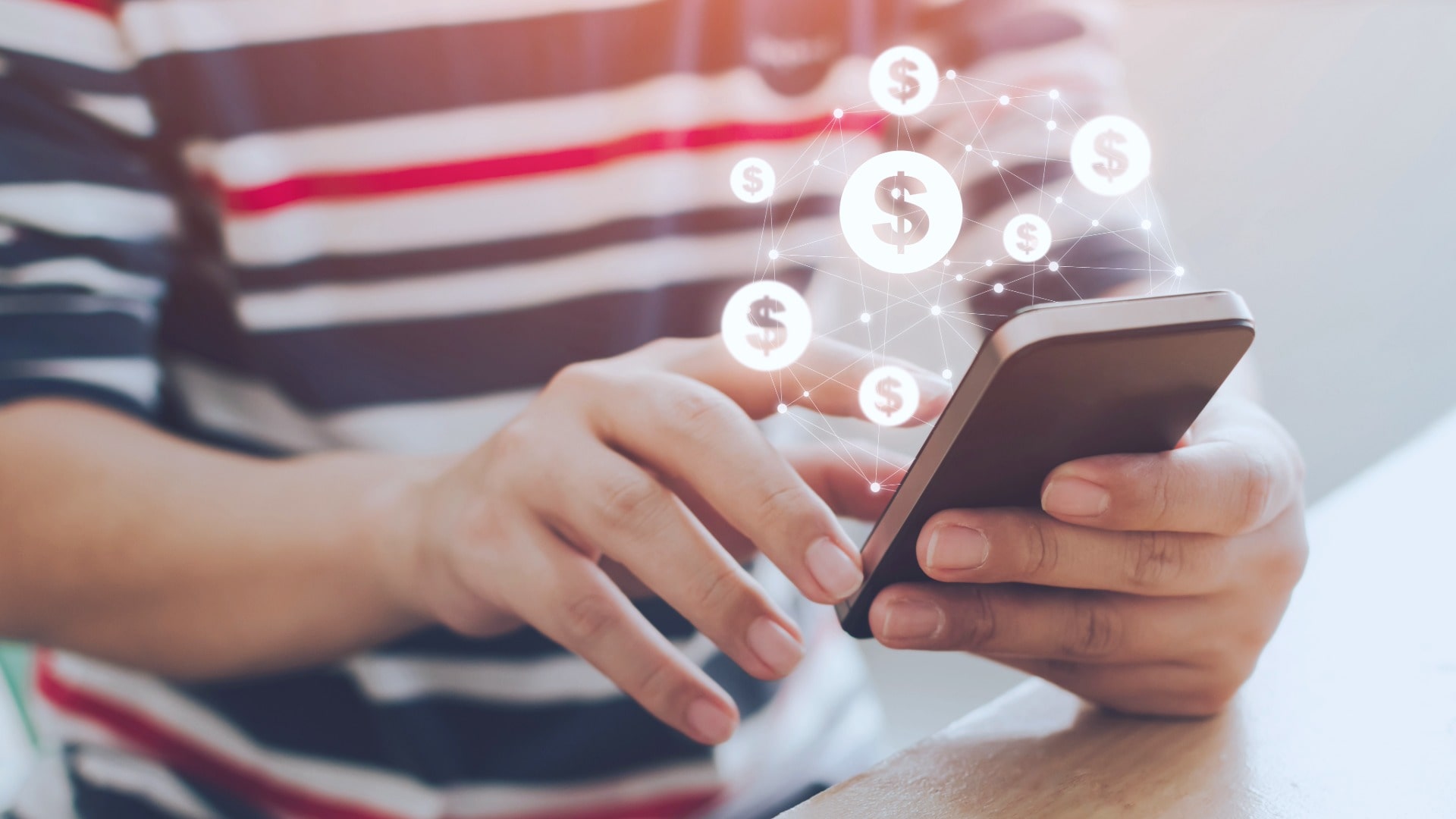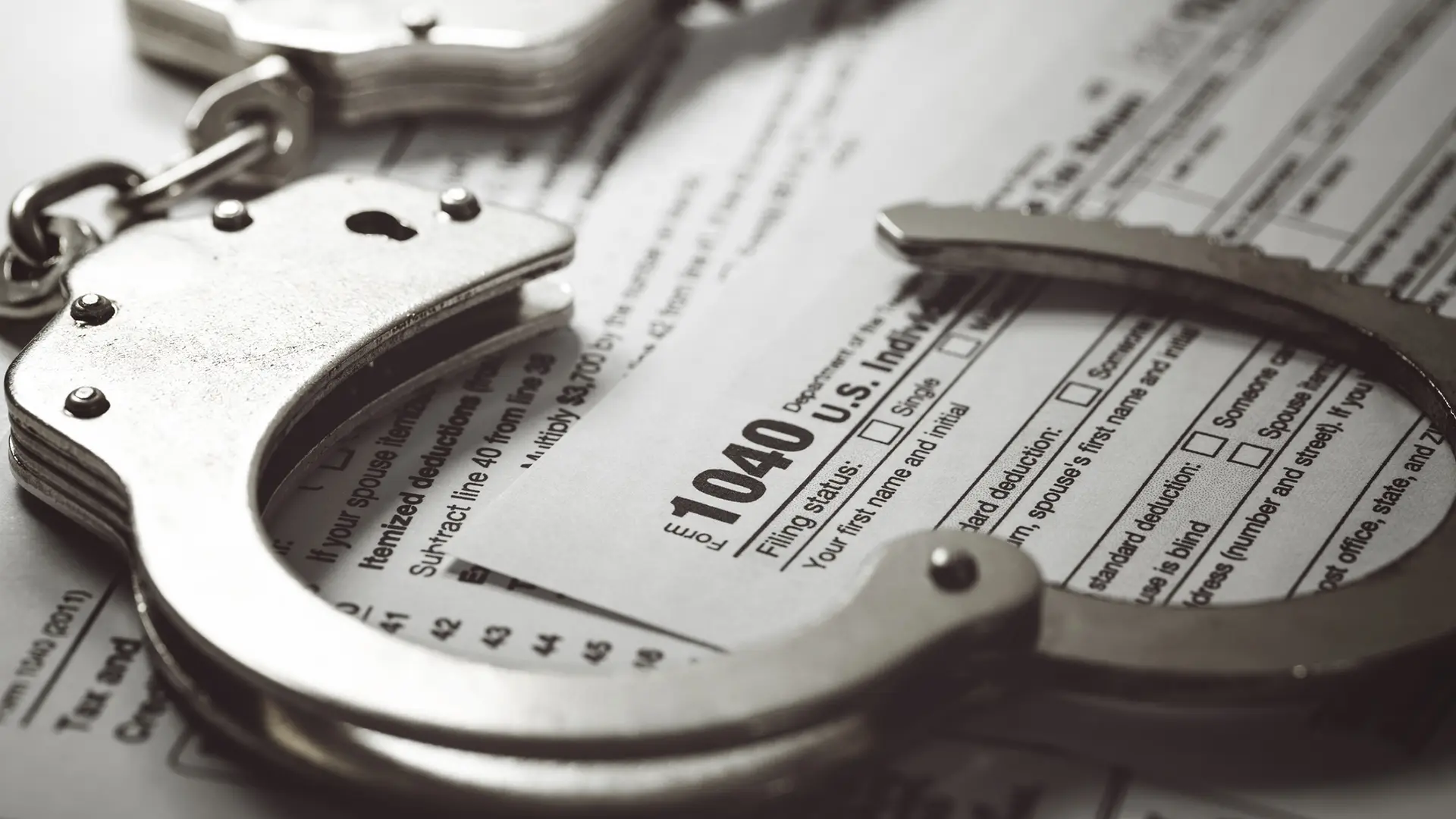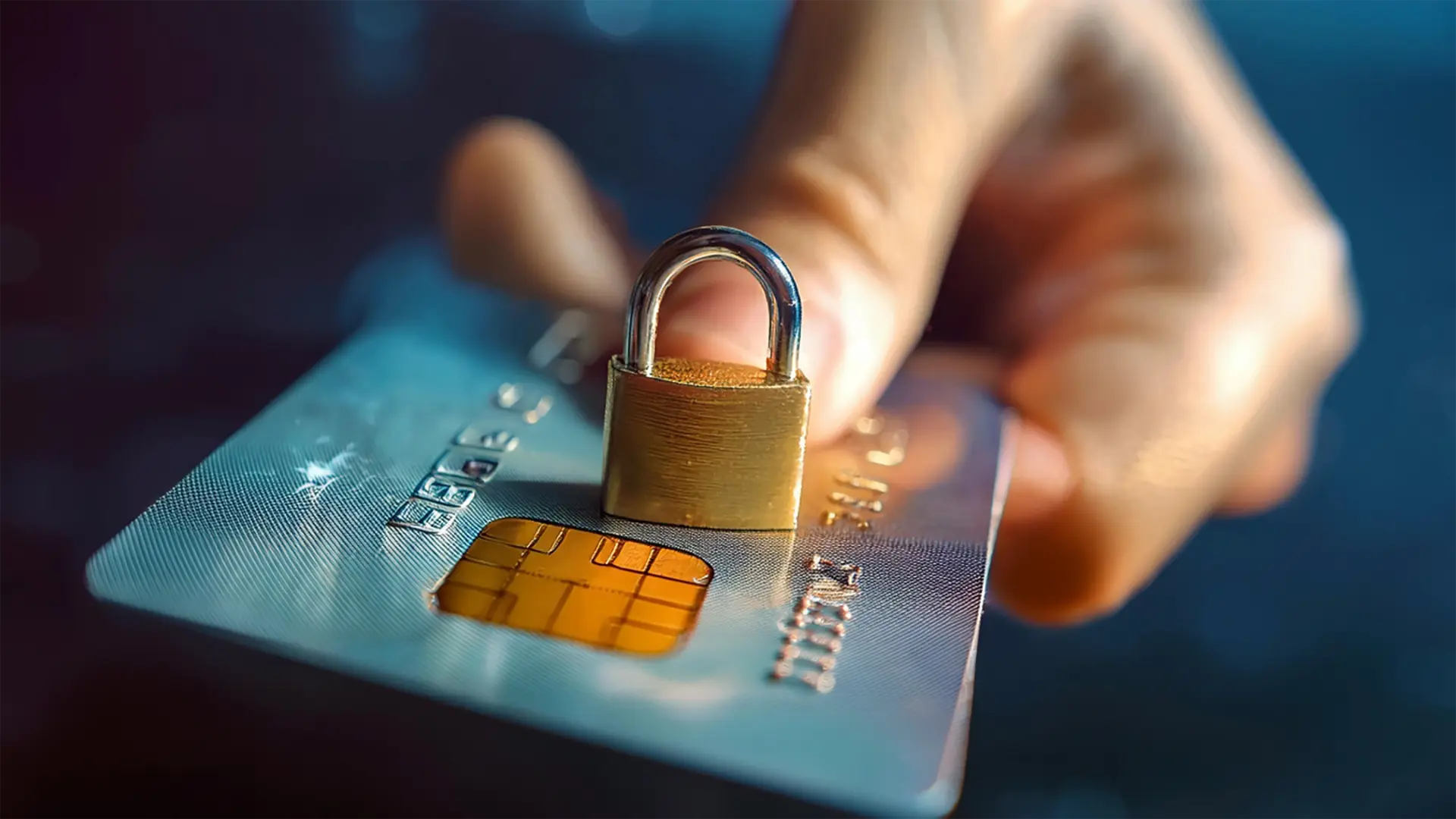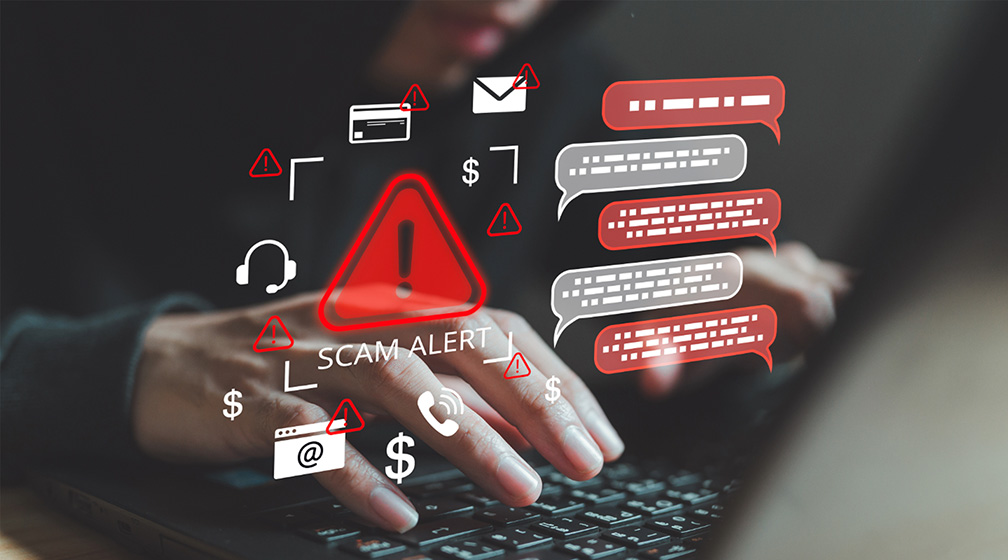
Cash App is a widely used peer-to-peer payment service for transferring money between individuals, with 57 million active users as of March 2024. But the popularity of Cash App also makes it attractive to criminals who want to scam users out of their money.
Earlier this year, the Consumer Financial Protection Bureau ordered Cash App to pay up to $120 million to fraud victims, stating that the company knew about fraud but failed to take adequate steps to protect customers.
Using Cash App is convenient and simple, but it’s important to recognize the signs of a scam so you don’t become a victim. Here’s what you need to know.
Common Cash App Scams
Cash App scams use social engineering, phishing, and trickery to lure users into a trap. Here are some of the most common scams that use Cash App:
Phishing Scams
Phishing scams make up a large portion of Cash App schemes (including many of the scams listed below). The scam always involves the perpetrator impersonating a legitimate organization, such as your bank or Cash App itself – to get you to perform an action like providing your personal information, clicking a fake link and putting in your login details, or downloading malware.
Customer Support Scams
Customer support scams occur when a criminal poses as a support representative with your bank or Cash App and informs you that there’s a problem with your account. You may be instructed to call a fake support number, click a fake link, perform a test transaction, or even turn over control of your computer to the “help desk.” In reality, you’re giving criminals access to your Cash App account.
Mistaken Payment Scams
If you receive an unexpected payment from a stranger on Cash App, and then the stranger messages you and asks you to return the “accidental payment,” it could be a scam. The scammer may have actually used a stolen credit card to pay you, and they’ll pocket the money when you send it back. If the original payment to your account gets reversed, you’ll end up losing the money.
Fake Marketplace Sales
Online market websites like Facebook Marketplace contain fake listings of products for sale. The seller will ask you to pay them up front to “reserve” a high-demand product, but they’ll simply take your money and run.
Cash Flipping or Investment Schemes
Cash flipping and investment schemes happen when a scammer poses as a successful businessperson, financial expert, or investment advisor and asks you for cash to flip for a profit. They’ll keep the money you send them, or turn around a small sum quickly in order to hook you for a larger payment.
Romance Catfishing Scams
Scammers pretend to be romantically interested in users on romance sites and dating apps. They’ll send small gifts, bombard you with compliments, or declare their love for you – but eventually, they’ll ask for money or try to extort you.
Fake Charity Scams
Fake charities often pop up in the wake of tragedies, aiming to capitalize on the good nature of people who want to help. If you send money via Cash App to a fake charity, it’s unlikely you’ll ever see your funds again.
Apartment or Rental Deposit Scams
Scammers can create fake rental listings for apartments or rental homes they don’t actually manage, luring in potential victims with very affordable rent payments. Then, they’ll ask for an upfront security deposit that they keep for themselves.
Pet Deposit Scams
Similar to the apartment rental scam, criminals may list a pet for adoption online and ask for a deposit to secure the animal. But the pet doesn’t exist and the scammer will keep your deposit for themselves.
What to Do If You Experience a Cash App Scam
If you got scammed on Cash App, here are some steps you can take to protect yourself:
- Report scams to Cash App. Immediately report any scam you encounter on Cash App to the company. You can report payments related to scams directly in your account for 30 days following the transaction, and report and block the scammer’s account. You can also call Cash App support at 800-969-1940.
- Contact your bank. You should report unauthorized transactions and scam payments directly to the financial institution you have connected to Cash App. Keep monitoring your account for suspicious activity.
- Alert the Federal Trade Commission (FTC) and police. You may need to report certain types of scams to the FTC and the police. Having copies of the FTC complaint and/or police report could help you dispute future instances of fraud, or prove you were a victim.
- Enable security features in Cash App. Navigate to the security settings in your Cash App account and turn on any security features you aren’t using. For example, you can require a PIN, Touch ID, or Face ID to make payments from the app.
- Contact IdentityIQ. Are you already a member with IdentityIQ? Contact us to report scams. We can help you report fraud to the correct authorities and monitor your identity for signs of identity theft.
- Sign up for identity protection. Consider signing up for identity theft protection if you don’t already have it. Identity protection can monitor for fraud, alerting you whenever something suspicious happens, and help you recover if you ever get scammed.
Cash App Scam FAQs
Here are answers to some of the most common questions we hear about Cash App scams:
It is safe to receive money on Cash App from strangers?
Receiving payments from strangers on Cash App can be safe or not, depending on the situation. It’s generally safer just to use Cash App to exchange money with people you know and trust.
Can someone take back the money they sent on Cash App?
Payments in Cash App typically can’t be reversed, so someone can’t just take back the money they sent you on Cash App.
How do I know if I got scammed on Cash App?
Here are some signs that you may have been scammed on Cash App:
- You sent someone money for goods or services that you never received
- The person you sent money to has stopped responding to you
- You received unsolicited messages asking you to take some action
- You find payments or transactions in your account that you don’t recognize
- Someone asked for your Cash App PIN, sign-in code, or bank account info
- Someone you don’t know asked you to send a payment, make a purchase, download a file, or perform a “test transaction”
Can someone hack your Cash App with your name?
No one can hack your Cash App just by having your name – they would need access to additional information to get into your account.
Does Cash App refund money if you got scammed?
Cash App will not always refund your money if you get scammed. However, you may be able to recover your money if you dispute a transaction where the outcome was not what you expected, or if someone used your Cash App card that was stolen or lost.
How IdentityIQ Can Help
Criminals go where the money is – and it’s unlikely that they’ll stop targeting payment apps for as long as these apps exist. IdentityIQ helps keep you safe from scams by closely watching your identity and giving you additional tools, such as antivirus software and identity theft insurance, to protect yourself.
Don’t wait until you encounter a Cash App scam to get protection. IdentityIQ gives you comprehensive monitoring to prevent fraud, as well as expert recovery services so you’re prepared to quickly respond when fraud happens. Sign up for IdentityIQ now to help keep your identity and your finances safe.







